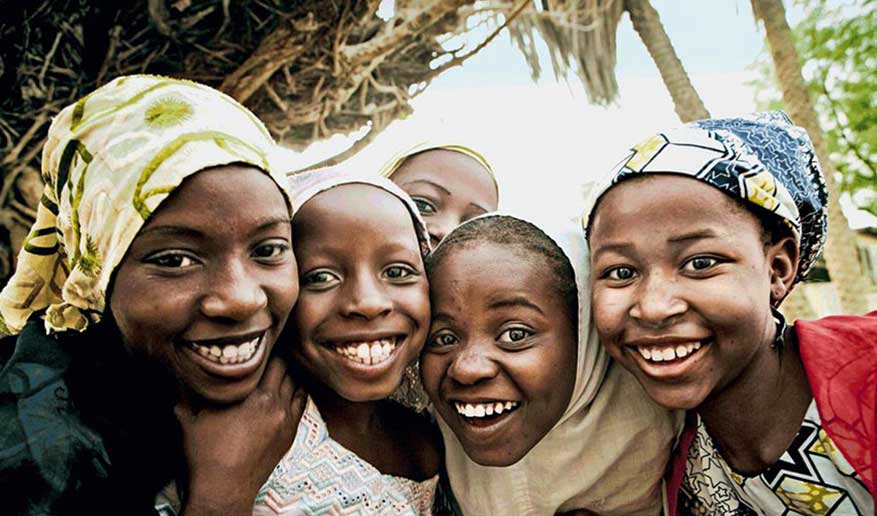The United Nations Girls’ Education Initiative (UNGEI) reported that more than 700,000 girls in Uganda between the ages of six to 12 have never attended school. In fact, around half of girls between the ages of 15 to 24 are illiterate and four in five girls do not attend high school
A large contributor to low female literacy rates and school attendance rates is that up to 40 percent of girls in Uganda are married before the age of 18. Around 10 percent of these girls are married before the age of 15.
In contrast, allowing girls to continue through secondary education significantly reduces the chances of early marriage and childbearing.
 Uneducated girls are highly susceptible to sexually transmitted diseases as well as other health complications. Early child birth exposes the young girls to health risks and potential death
Educating girls would see a reduction in child marriage and births. This is closely linked to lower mortality rates as well. It would also greatly improve the standard of living across Uganda and reduce poverty rates.
Educated mothers are more than twice as likely to ensure the education of their children. They are also more likely to earn higher wages than an uneducated person.
Educating girls would see a reduction in child marriage and births. This is closely linked to lower mortality rates as well. It would also greatly improve the standard of living across Uganda and reduce poverty rates. This is because educated women are more likely to invest back into their families. Roughly 90 percent of an income will usually go back to the family.
At LDRU we work towards achieving girls’ education at least completing secondary levels of education.
Uneducated girls are highly susceptible to sexually transmitted diseases as well as other health complications. Early child birth exposes the young girls to health risks and potential death
Educating girls would see a reduction in child marriage and births. This is closely linked to lower mortality rates as well. It would also greatly improve the standard of living across Uganda and reduce poverty rates.
Educated mothers are more than twice as likely to ensure the education of their children. They are also more likely to earn higher wages than an uneducated person.
Educating girls would see a reduction in child marriage and births. This is closely linked to lower mortality rates as well. It would also greatly improve the standard of living across Uganda and reduce poverty rates. This is because educated women are more likely to invest back into their families. Roughly 90 percent of an income will usually go back to the family.
At LDRU we work towards achieving girls’ education at least completing secondary levels of education.
Poverty is the largest contributor to low standards in girls’ education in Uganda. Though education is free, school supplies and uniforms are not. Because of this, when faced with either sending a son or a daughter to school, a son’s education will usually be prioritized and girls are left to get married at early age. Girls are less likely to attend school during their menstrual cycle which creates gaps in a girl’s education. This is caused by inadequate infrastructure and resources like sanitary pads for good hygiene in schools, especially for girls. Furthermore, girls often feel ashamed and embarrassed about their cycle because women’s health education is not a priority
